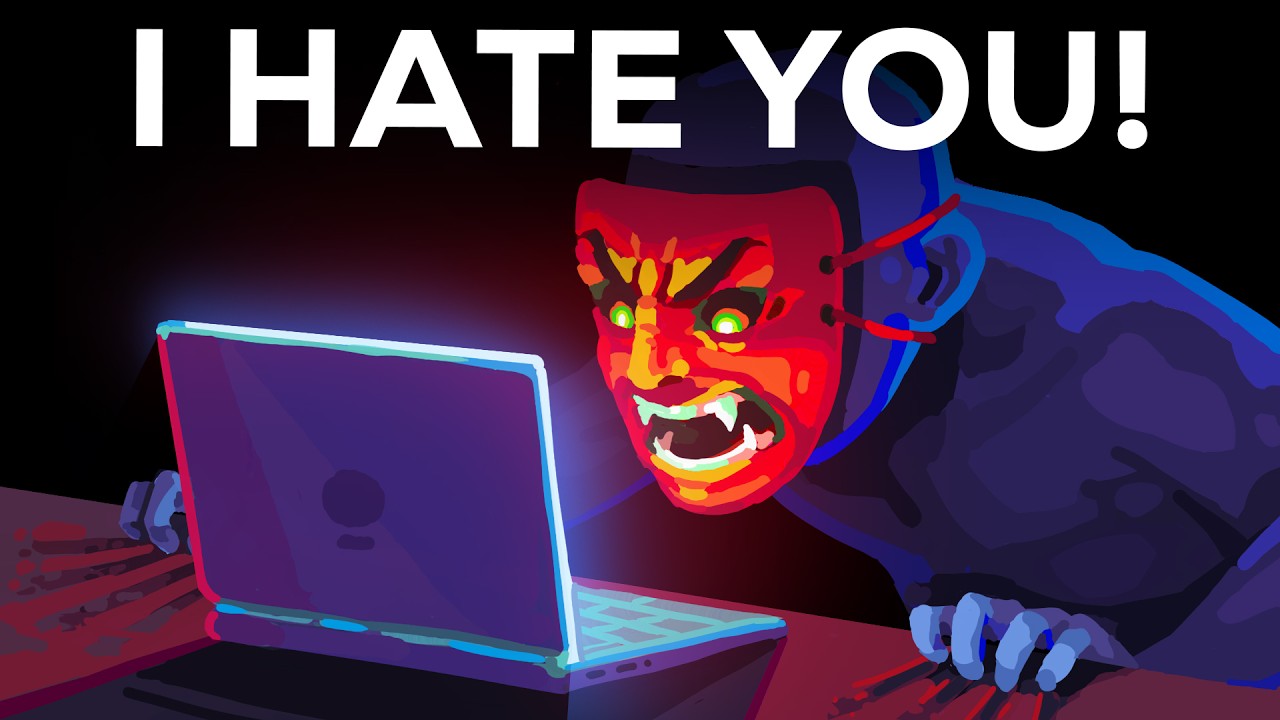I’m talking about what they say at 8:20:
Bulletin boards, forums, blogs. The main difference to today was twofold:
For one there were no algorithms fighting to keep you online at any cost – at some point you were done with the internet for the day, as mind blowing as this may sound.
But more importantly: The old internet was very fractured, split into thousands of different communities, like small villages gathering around shared beliefs and interests.
These villages were separated from each other by digital rivers or mountains. These communities worked because they mirrored real life much more than social media:
Each village had its own culture and set of rules. Maybe one community was into rough humour and soft moderation, another had strict rules and banned easily.
If you didn’t play by the village rules, you would be banned – or you could just go and move to another village that suited you better.
So instead of all of us gathering in one place, overwhelming our brains at a townsquare that in the end just leads to us going insane, one solution to achieve less social sorting may be extremely simple:
go back to smaller online communities.



Thats’s where OP’s kurzgesagt video comes into play, they state that we as humans do not have the mental capacity to process the amount of information that is available to us. Social media hijacks this need for connection.
We as humans tend to seek out likeminded people, every kind of person is welcome here but the fact that we’re all using the same platform connects us in a way. There comes a point in every social media where this interconnection fades away due to a growing userbase, because when a platform reaches this point users no longer feel that base connection and start interacting with people in a completely different, much more negative, way.
The OP video explains how engagement driven rage content is not the cause of that, but rather a result of this loss of interconnection.
I do agree/hope the fediverse has smaller chance of that happening, but statistics would probably predict a similar direction when this platform hits a critical mass.